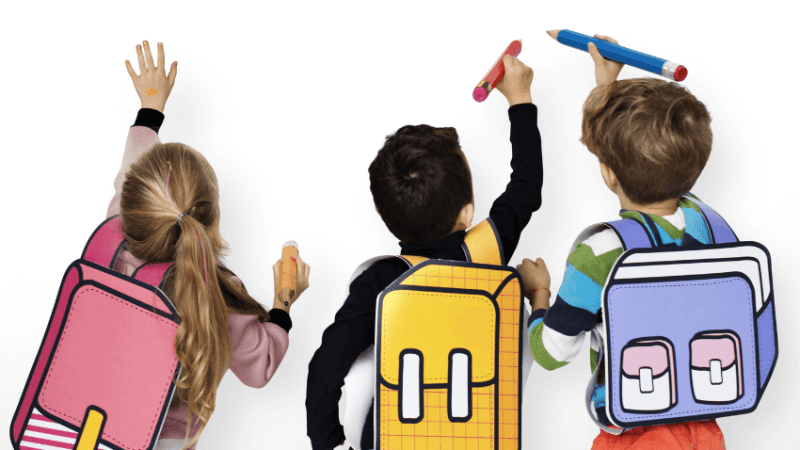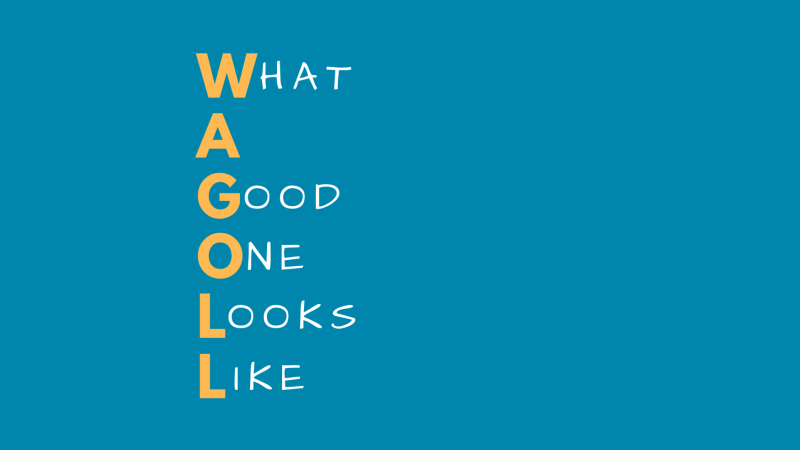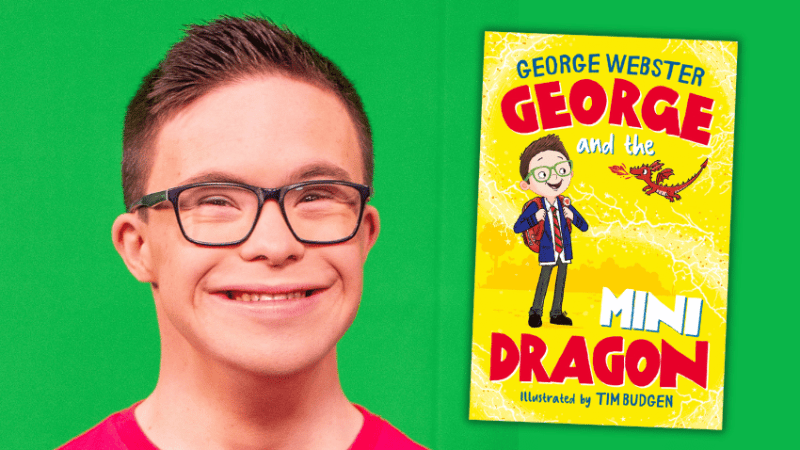Suffixes Year 2 – Best games and worksheets for KS1 SPaG
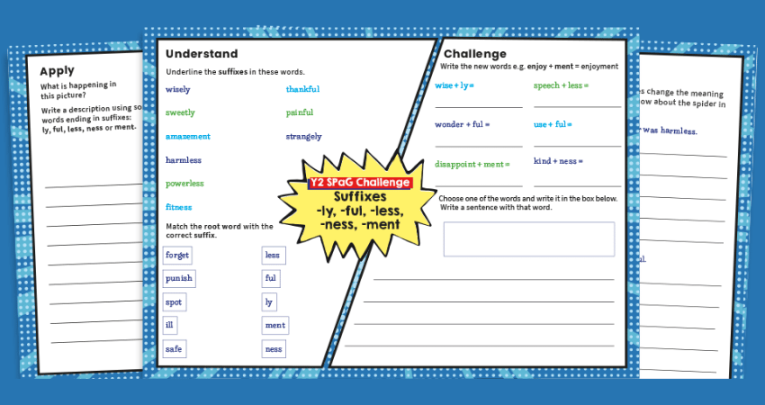
Make sure Y2 children's suffix work is more than just an add-on in your spelling, punctuation and grammar learning, with these activities, ideas and more…

- by Teachwire
- Classroom expertise and free resources for teachers
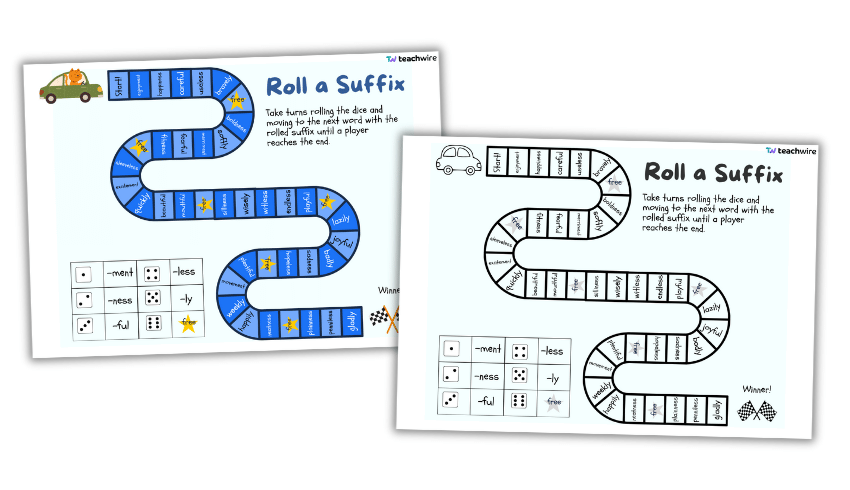
Teaching suffixes in Year 2 can be both fun and effective with these interactive games, engaging worksheets and other resources that help children build their word skills with confidence…
(Browse more SPaG games here).
What is a suffix?
Suffixes are letters, or groups of letters, that are added to the end of words to make a new word. Adding a suffix will change the meaning of the word.
What does the Year 2 curriculum say about suffixes?
The Year 2 programme of study requires you to teach pupils to:
- Read words containing common suffixes by building on the root words that they have already learnt
- Add suffixes to spell longer words, including –ment, –ness, –ful, –less, –ly
- Apply knowledge of suffixes from word reading to spelling
- Draw from and apply growing knowledge of word and spelling structure, as well as knowledge of root words
- Add the endings –ing, –ed, –er, –est and –y to words ending in –e with a consonant before it
Examples of suffixes to teach in Year 2
- -ment: enjoyment, merriment
- -ing: eating, running, saying
- -ed: planned, walked, burned
- -er: teacher, trainer, farmer
- -est: highest, fastest, biggest
- -less: useless, sleeveless, witless, hopeless, penniless
- -ness: happiness, fitness, silliness, sadness, plainness
- -met: amazement, payment, punishment
- -ful: careful, fearful, mouthful, playful, plentiful
- -ly: bravely, softly, wisely, badly, happily
Year 2 suffix resources
Roll a suffix game for Year 2

This Roll a Suffix worksheet is a dice-based word game that helps Year 2 learners practise suffixes by moving through a path of words with different suffix endings until they reach the finish. The suffixes included are: -ment, -ness, -ful, -less and -ly.
Year 2 suffix SPaG challenge worksheets
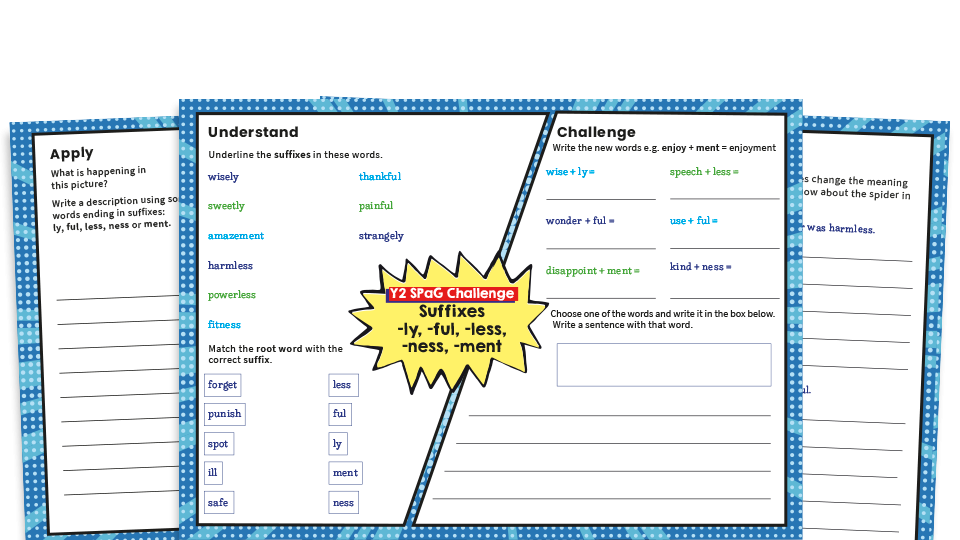
This selection of colourful grammar worksheets help Year 2 pupils practise and revise suffix use through SATs-style questions. Each one is divided into five sections – understand, challenge, test, explain and apply.
Find each worksheet pack here:
What are suffixes?
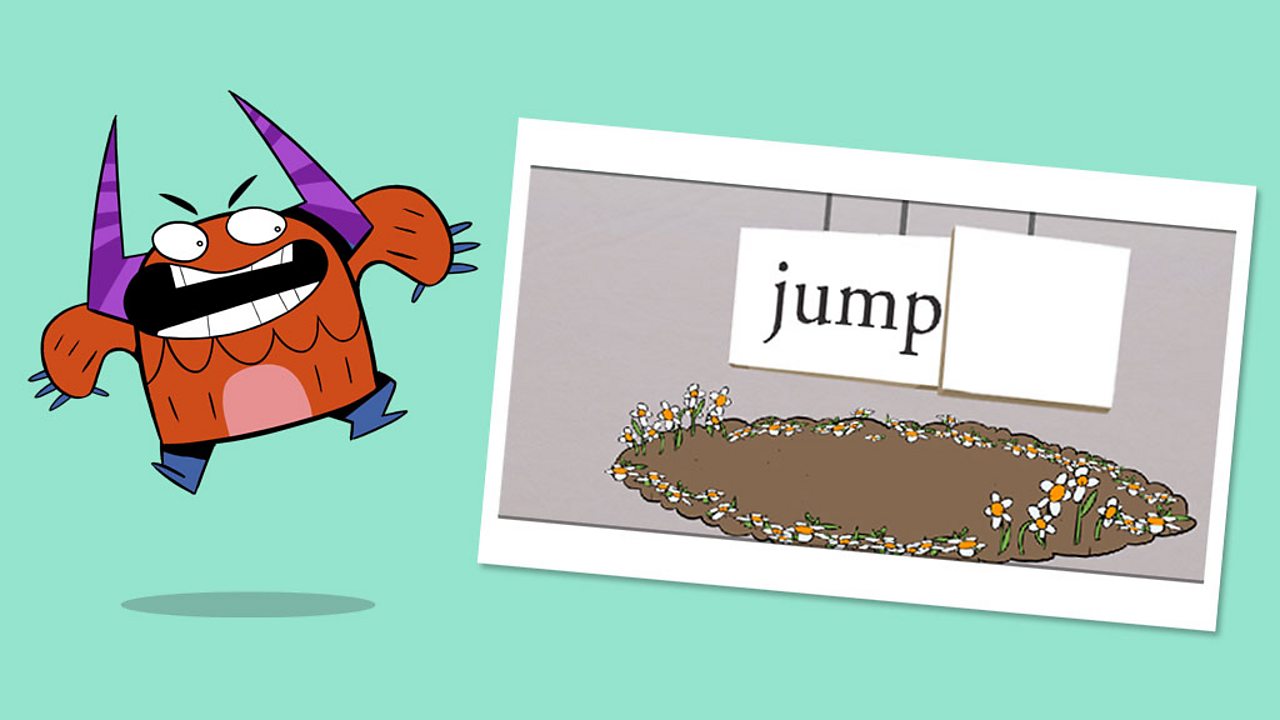
This BBC Bitesize page offers a handy short guide to what suffixes are and how they work, as well as a couple of interactive questions for children to check they’ve understood. There are also similar pages for using the suffixes -ly and -ation.
Year 2 suffix bingo games
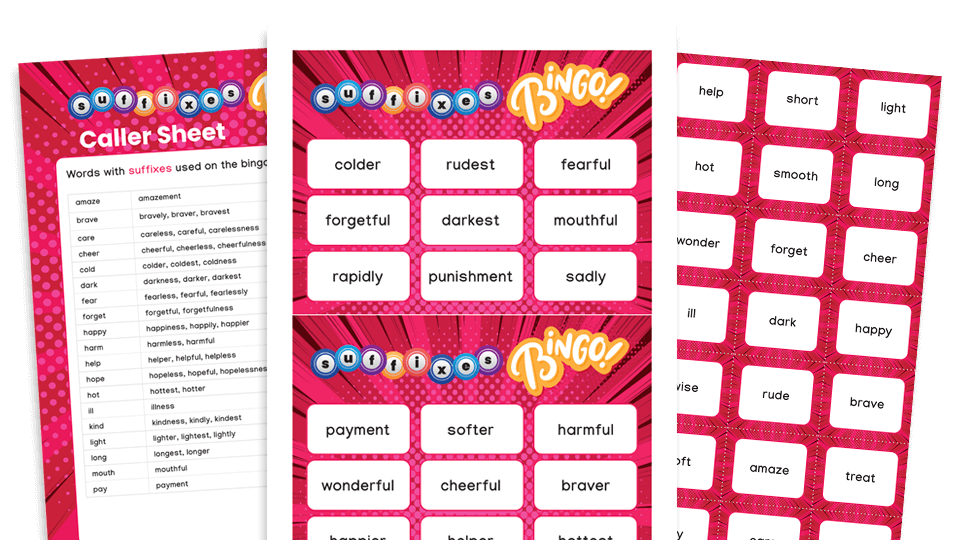
This suffix bingo game from Plazoom is a fun way to support pupils in Year 2 to identify words that have suffixes such as -er, -est, -ful, -ness, -ly, -ment and -less added.
Play it as a class or in small groups. It’s perfect for adult-led interventions to revisit key knowledge and skills. The pack contains bingo caller cards, bingo cards and teacher’s notes.
Trending
Suffix word mats
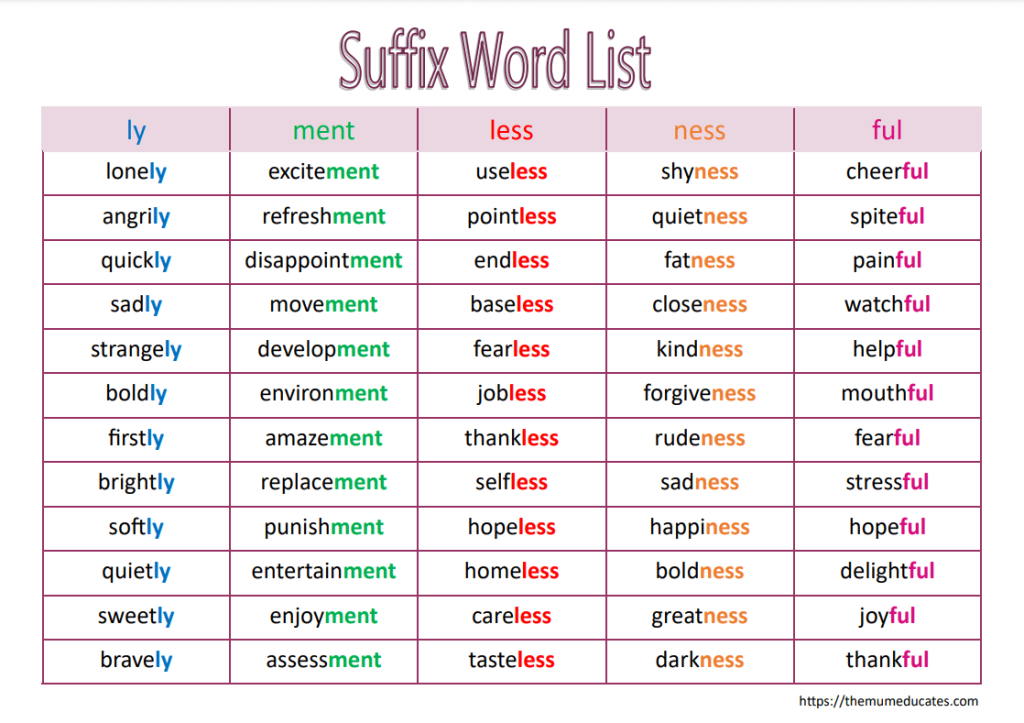
This great little word mat for KS1 includes suffix examples for -ly, -ment, -less, -ness and -ful all on one side of A4. There’s a prefix one too while you’re there.
Adding suffixes worksheet
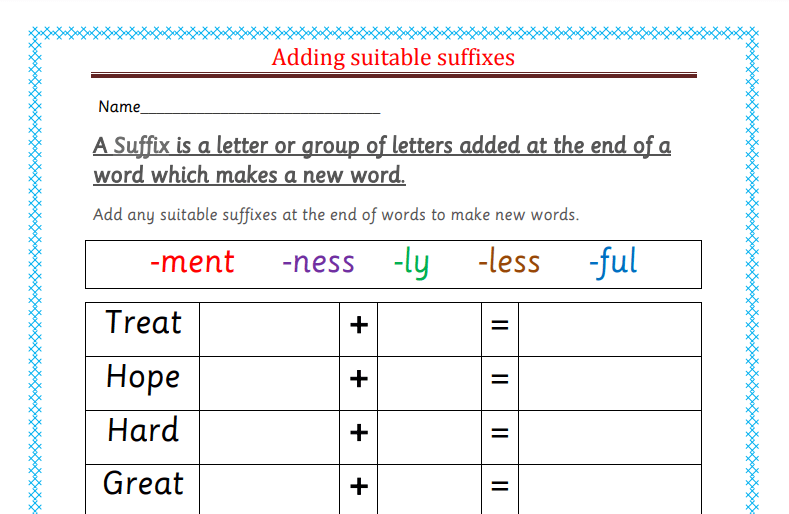
While you’re covering those five suffixes, this worksheet includes 12 words with space for students to add a correct suffix and write out the full new word.
Adding suffixes –er or –est to adjectives
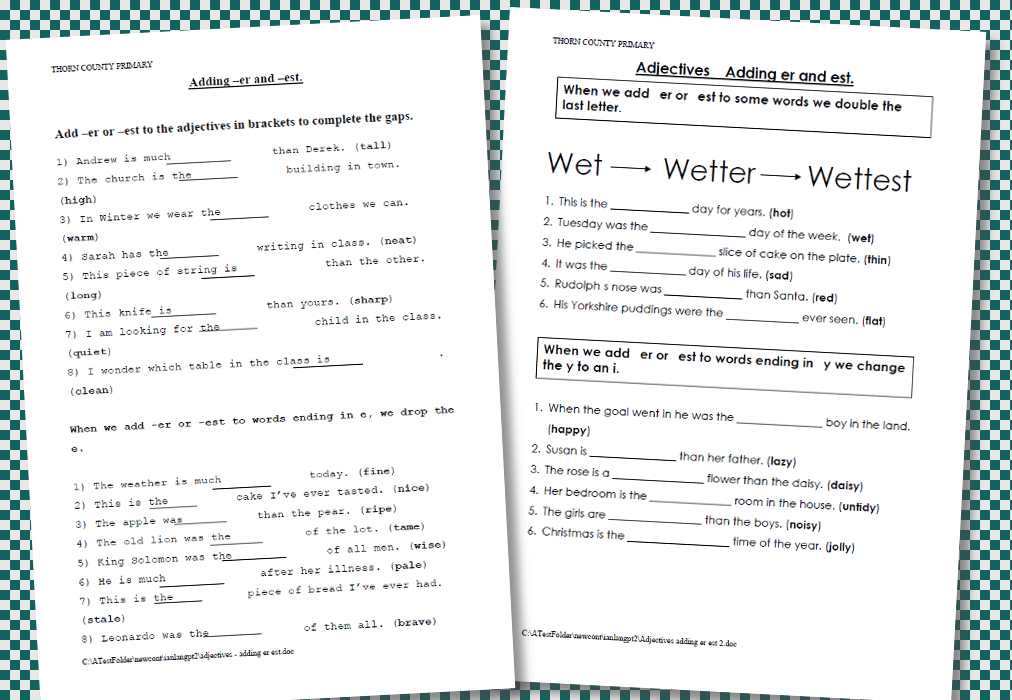
These adjective worksheets guide students through the rules for adding the suffixes -er and -est.
The first worksheet covers the basics, prompting children to complete sentences by selecting the correct suffix. It also explains that when a word ends in ‘e’, the ‘e’ is dropped before adding -er or -est.
The second worksheet focuses on words like ‘hot’ or ‘wet’, where the final letter is doubled before adding the suffix. It also teaches how words ending in ‘y’ change to ‘i’ before adding -er or -est.






